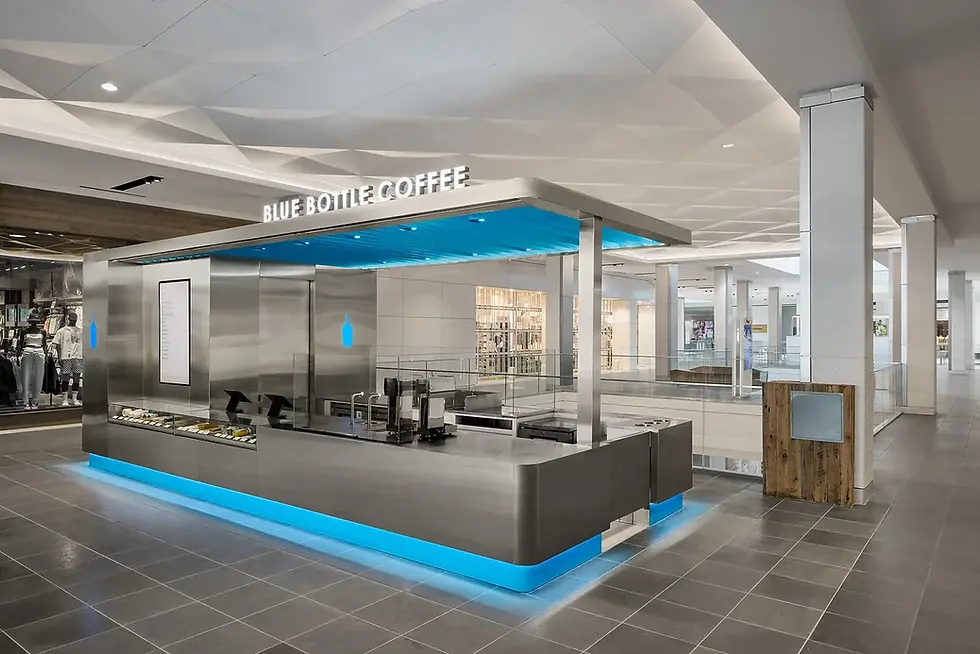Refreshment focuses on the water dispenser/cooler, office coffee service and vending sectors, while also taking an in-depth look into products for vending from bottled water and drinks, to snacks and confectionery. It also focuses on hydration, health and wellness, new technologies and environmental and social responsibility issues.
Research
Coffee & tea

Nestlé Waters is under intensifying scrutiny in France as investigations link its bottled water brands to alleged decades-long use of banned filtration methods and record microplastic contamination.
Record microplastic contamination linked to waste dumps
A report by the French Office for Biodiversity (OFB) and the Central Office for the Fight against Environmental and Public Health Offences (Oclaesp) has found that Nestlé’s Contrex and Hépar waters contained microplastic concentrations far exceeding environmental baselines.
Nestlé’s Hépar water samples contained around 2,096 microplastic particles per litre, and Contrex 515 particles per litre – with contamination levels up to 1.3 million times higher than in rivers and lakes. Investigators linked the pollution to four unauthorised plastic waste dumps in the Vosges, containing an estimated 473,700 cubic metres of discarded bottles.
The findings, revealed by Mediapart, form part of criminal proceedings due to be heard in Épinal, a commune in northeastern France, from 24-28 November 2025, in which Nestlé faces charges related to illegal waste disposal. Nestlé disputes the allegations, saying independent lab tests show no contamination and that most of the dumps have been cleaned up.
Decades of alleged illegal filtration methods
Media investigations in France show that Nestlé has been using unauthorised filtration methods – including ultraviolet light and carbon filters – since the 1990s, while continuing to sell the product as 'natural mineral water'.
Consumer organisation Foodwatch alleges that the practice amounts to €3 billion in fraud over the past 15 years and has filed legal action against Nestlé and fellow producer Sources Alma in France.
Ingrid Kragl, director of public information at Foodwatch France, said: “Nestlé has apparently sold billions of bottles of water that had nothing to do with ‘natural mineral water’ for decades, in France, Europe and even worldwide – and consumers were completely clueless".
He continued: "If the new media reports are confirmed, there is only one conclusion: the mineral water scandal is the result of decades of systematic fraud by the food giant. The authorities must now act quickly. A judicial investigation is now needed. Nestlé is not above the law."
According to last year's joint investigation, carried out by Le Monde and Radio France, at least a third of France-based spring and mineral water brands – including several owned by Nestlé – have used purification techniques prohibited under EU rules for 'natural mineral water'. These methods were reportedly introduced to address sporadic bacterial or chemical contamination but are banned because they alter water that is meant to be bottled in its natural state.
As reported by the BBC, the non-compliant treatments identified in the investigation included ultraviolet light, carbon filtration and ultra-fine micro-meshes, which are commonly used to remove bacteria from drinking water. These methods, while permitted for tap water, are prohibited under EU rules for 'natural mineral water,' which must be bottled directly from the source without altering its natural composition. The BBC noted that the investigation found such treatments were used across at least a third of mineral water brands in France, introduced in part to address concerns about water quality.
The Le Monde and Radio France investigation also noted that the French government had been aware of these practices since 2021 and subsequently eased certain regulations to allow some microfiltration to continue, enabling affected bottling sites to remain in operation.
.png)

%20(1).jpg)









